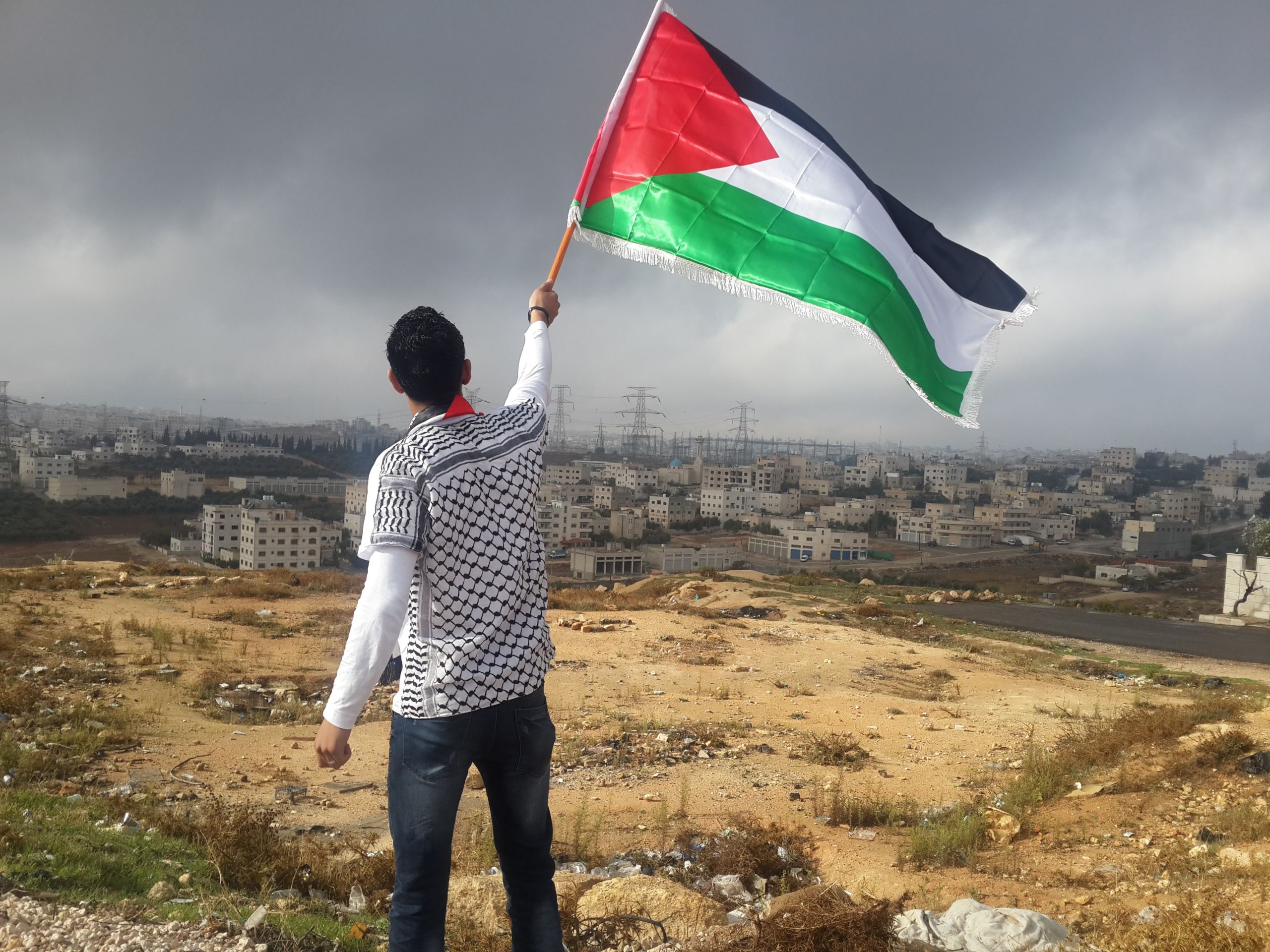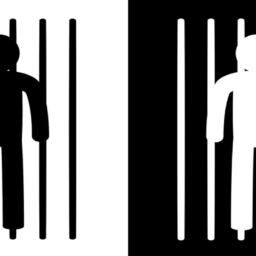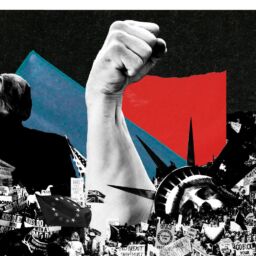From prisons to ceasefires, Palestinians humanitarian and political struggles

Palestinian young man flying the flag of Palestine
Khader Adnan, a Palestinian detained in an Israeli prison, died on May 2 following a hunger strike that lasted 87 days. From the West Bank, and father of 9, he’s been in and out of Israeli prisons for the past 8 years, arrested 20 times mainly accused of belonging to the Islamic Jihad, whose presence is thin in the West Bank, but considered the second most powerful armed group in Gaza, after Hamas. This was not his first hunger strike; since 2011, Adnan repeatedly undertook hunger strikes in protest of his administrative detention by the Israeli authorities. He was found unconscious in his cell; efforts to revive him were in vain.
Denying hospitalization
According to various reports, Israeli hospitals denied him any sort of treatment, which the Palestinians are accusing of intentional negligence. Unfortunately, Palestinians dying in Israeli custody is not a new phenomenon, nevertheless, Adnan is the first Palestinian hunger striker to die in Israeli custody in more than 30 years. Human rights organizations were quick to denounce his death. According to Reuters, Lina Qasem Hassan of Physicians for Human Rights said that “his death could have been avoided,” clarifying that a few Israeli hospitals refused to admit him.
A report by CNN, quoted Palestinian Authority Prime Minister Mohammad Shtayyeh accusing Israel of carrying out a “deliberate assassination… by refusing his request to release him, neglecting him medically and keeping him in his cell despite the seriousness of his health condition.” The well-being and charges against Palestinian detainees have always been a heated topic. The Palestinian Prisoners Society had previously stated that “this is part of a systematic [Israeli] policy of medical negligence and delays in providing treatment, which all the [Palestinian] prisoners are exposed to […]” Addameer Prisoner Support and Human Rights Association reported in 2022 that since 1967, “233 Palestinian prisoners have died in apartheid Israel’s jails, including 74 who died as a direct result of systematic Israeli medical negligence.”
Palestinian Detainees and Administrative Detention
According to media reports and the Palestinian Prisoners’ Society, today Israel has nearly 4,900 Palestinian detainees in Israeli prisons, with around 1,000 of them held in administrative detention without charge or any trial dates. For the Israeli side, these detentions are necessary when evidence is too sensitive to be revealed in court due to the intelligence nature of the data and to protect the sources. For the Palestinians and human rights groups this type of detention is routinely used with the intention to deliberately deny the adequate legal process, and hold Palestinians for extended periods of time.
Gaza Strip and the West Bank Response
Adnan’s death sparked a wide reaction in the Gaza Strip, which is in a constant state of volatility and fragile calmness. The feeling of despair and suffocation roam high within the enclave, heavily controlled with limited movement in and out of the strip. Both Israeli and the resistance groups within the Gaza Strip were quick to escalate the tension causing widespread fear, destruction, and wounded people. The Israeli side used tanks to shell key posts for Hamas, whereas 30 rockets were launched from the strip causing panic and fear of a spiraling war that would stretch to further violence into the Israeli-controlled West Bank.
The West Bank, although less reactionary, saw protesters take to the streets burning tires and closing shops before the crowds were dispersed using tear gas and rubber bullets. Egypt, Qatar, and the United Nations intervened to secure a bilateral ceasefire on Wednesday at dawn, that seems to be holding so far. The dichotomy and difference in reaction have always been a stark contrast between the Gaza Strip and the West Bank which live under different conditions, lifestyles, and freedoms. The Gaza Strip acts as the armed segment for the Palestinian cause, yet we have also witnessed increasing armed clashes within the streets of the West Bank following stricter policies from the Israeli side and an expansionist strategy to install settlements and parks.
Previous reports mentioned new militant groups springing up in the West Bank announcing their readiness to fight, including the Balata Brigade in the Balata refugee camp, one of the largest camps in the West Bank, and the Osh al-Dababir (Hornets Nest) Battalion in the Jenin camp.
Adnan’s widow, Randa Musa, appealed to the protesters for a non-violent response in the wake of her husband’s death saying that weapons won’t help him now: “we do not want the weapons that were not used to free the sheikh (Adnan) to be used after his death. We do not want a drop of blood to be spilled.”
By Marita Kassis
















